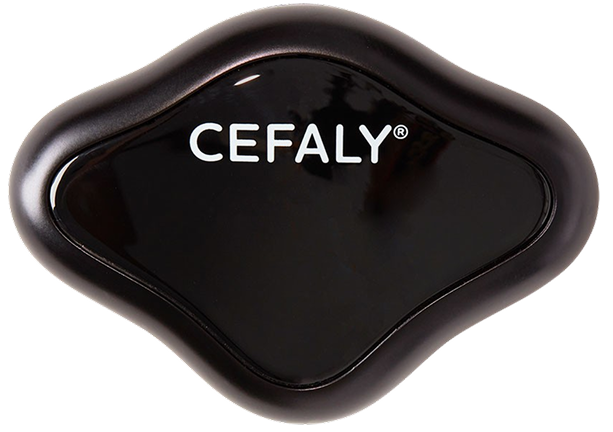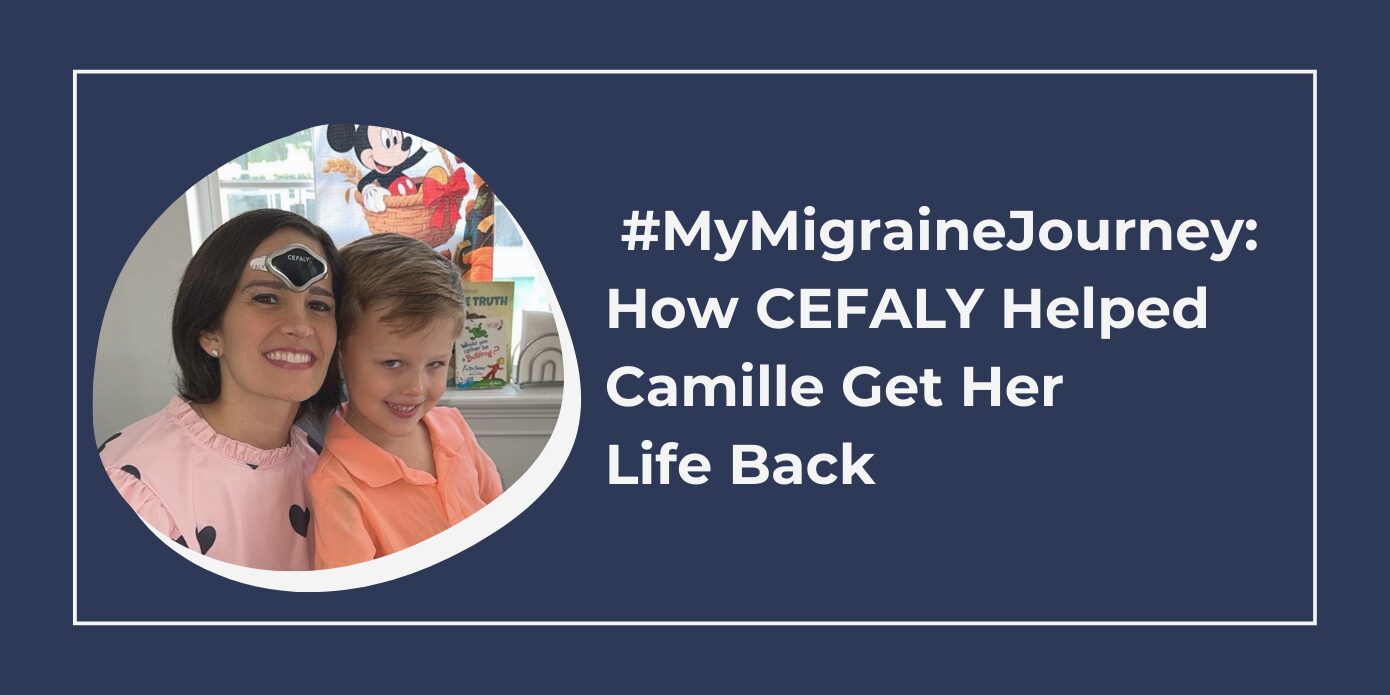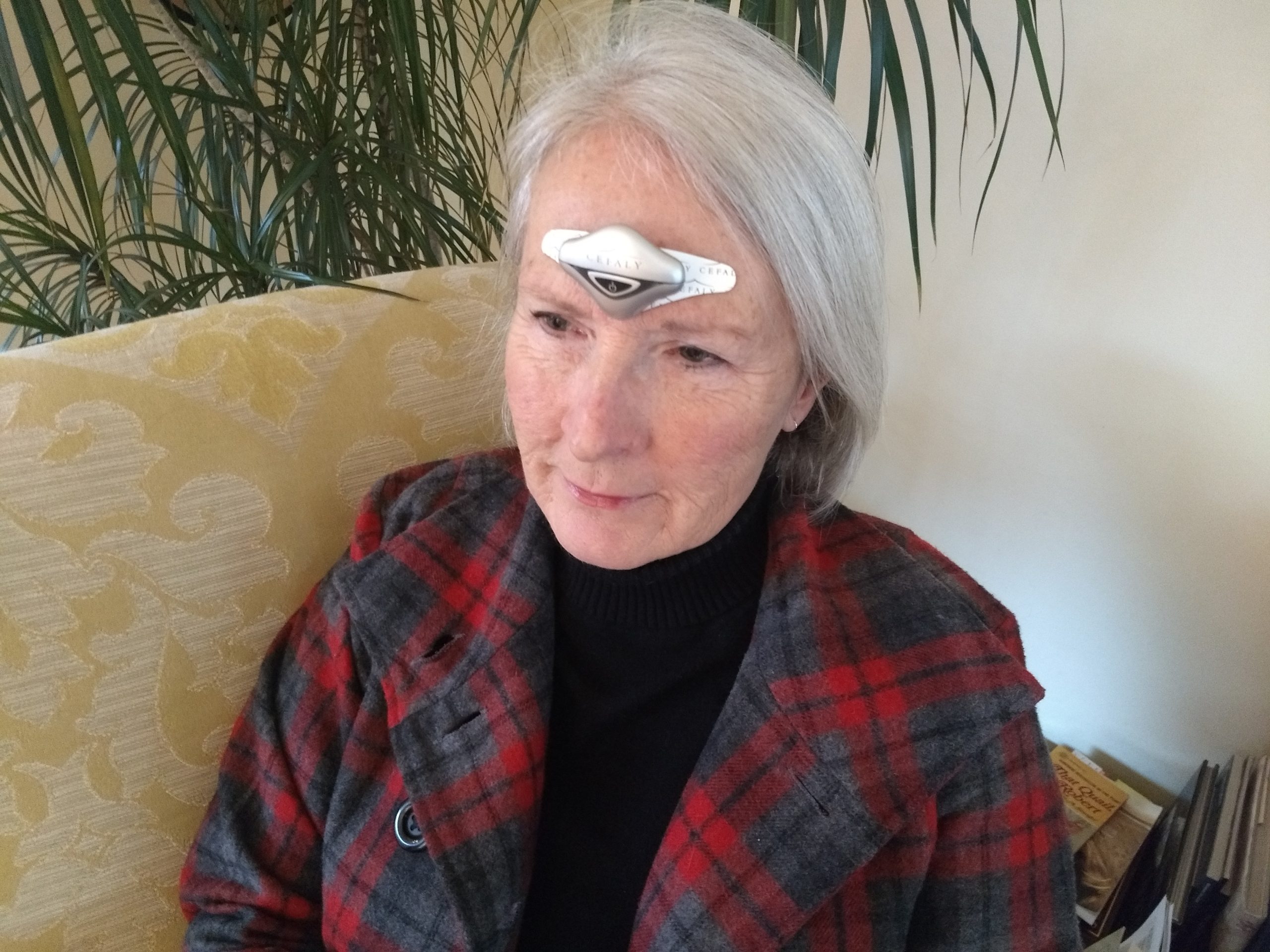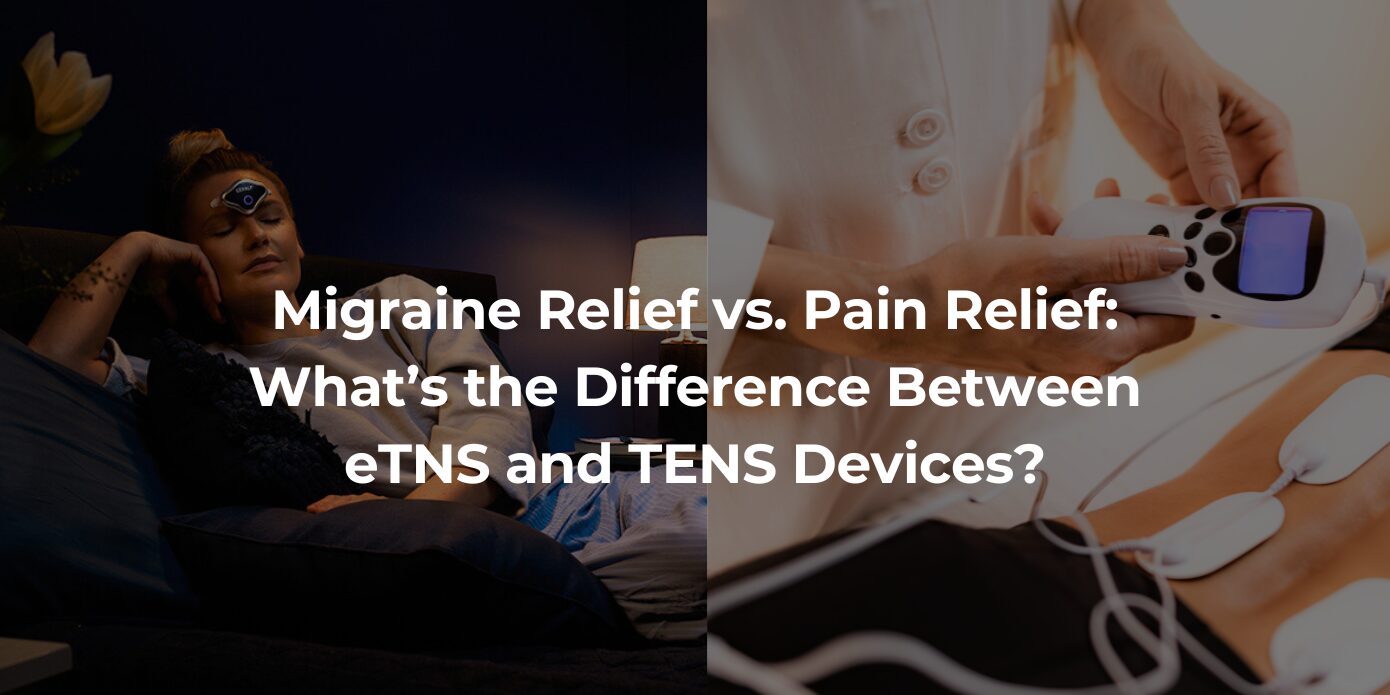You’re feeling shaky and dizzy. You’re worried you might vomit on the floor. And a coworker chirps: “You should go outside and get some fresh air. That always helped when I had migraines.”
If you live with migraine, you’ve heard your share of remarks that are insensitive, misinformed or just plain rude. When you hear a hurtful comment about migraine, what should you do? That depends on who’s speaking. If it’s a stranger or acquaintance, you don’t have to waste your mental energy by correcting them. If the speaker is a dear friend or loved one, then it’s worth explaining to them why their comment hurt you. You can even suggest things they can say to support you through migraine. People who truly care about you will listen and try to do better.
And if you know someone who lives with migraine, then please don’t say these things:
“I think you’d feel better if you drank more water.”
This is really infuriating, and for good reason. Let’s say it loudly for the people in the back: You cannot cure migraine by drinking water.
While dehydration can be a migraine trigger, drinking water is not a magical remedy. Other comments similar to this one: “I think you’d feel better if you exercised more/did yoga/were less stressed.” Yes, certain lifestyle practices can help reduce the frequency of migraine attacks. No, they cannot cure a serious neurological condition. When people suggest that “wellness” is the answer, they’re subtly saying that you’re causing your own migraine attacks by not taking care of yourself.
“Another migraine attack? You get those all the time!”
This is usually said with an air of exasperation or disbelief. The person speaking to you may think you’re pretending to have an attack, or using migraine as an excuse to escape an obligation. They don’t understand that chronic migraine means having at least 15 headache days every month. That means half your life is marked by migraine symptoms.
“Oh yeah, I used to get migraines too.”
Another version: “I had a migraine once.” This is usually well-intended, said when someone wants to express empathy. But, of course, it’s not very helpful. Anyone who had a migraine “once,” or long ago, can’t understand what it’s like to live with episodic or chronic migraine.
90-day money back guarantee FDA-cleared financing availableGet Drug-Free Migraine Relief With CEFALY
Shop Now

“Isn’t there anything you can take for that?”
If only these people could see your medicine cabinet! They have no idea. A related comment is “Have you tried…?” — when people suggest you take an over-the-counter migraine remedy, or essential oils, or the latest prescription medication they just saw in a commercial.
“You look OK to me.”
You’re having a migraine attack, but you still manage to make it to work or a social gathering. You’re standing there, feeling horrible, not sure how much longer you can stand it — and then a coworker or friend says cheerfully, “You look fine to me!” They don’t understand that people with migraine have years of practice putting on a good face and hiding the pain, so we can avoid sympathy and intrusive questions.
They may also say: “If you’re able to function, it can’t be that bad.” You just want to scream, “I don’t have a choice!” If you have children to care for, a job to perform, or other responsibilities, you just can’t lie down and rest — as much as you want to.
“You have to want to get better.”
The most poisonous comments are the ones that suggest migraine is “all in your head.” There are so many variations of this one:
- “I feel like you’re just doing this for attention.”
- “Wellness is a choice.”
- “You need to stop being so negative.”
These people refuse to recognize that migraine is a real condition and an invisible disability. Sometimes the person saying this is your healthcare provider! If that’s the case, then it’s time to switch providers, stat.
There’s one way to find the compassion and support you need: from other people who are living with migraine. Join the CEFALY community by connecting with us on Facebook or Instagram. You’ll find useful tips for living with migraine as well as special offers from CEFALY.














